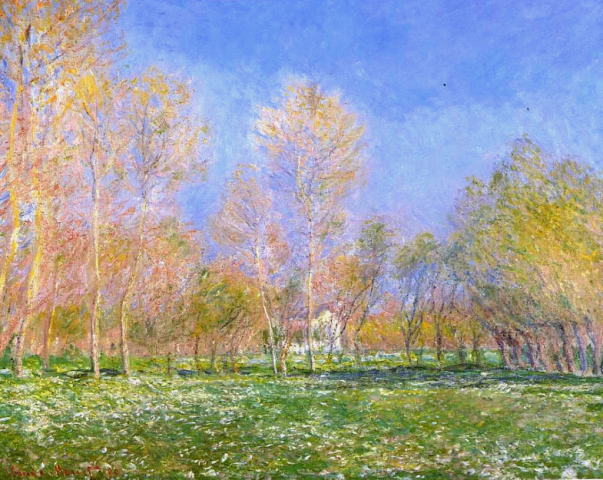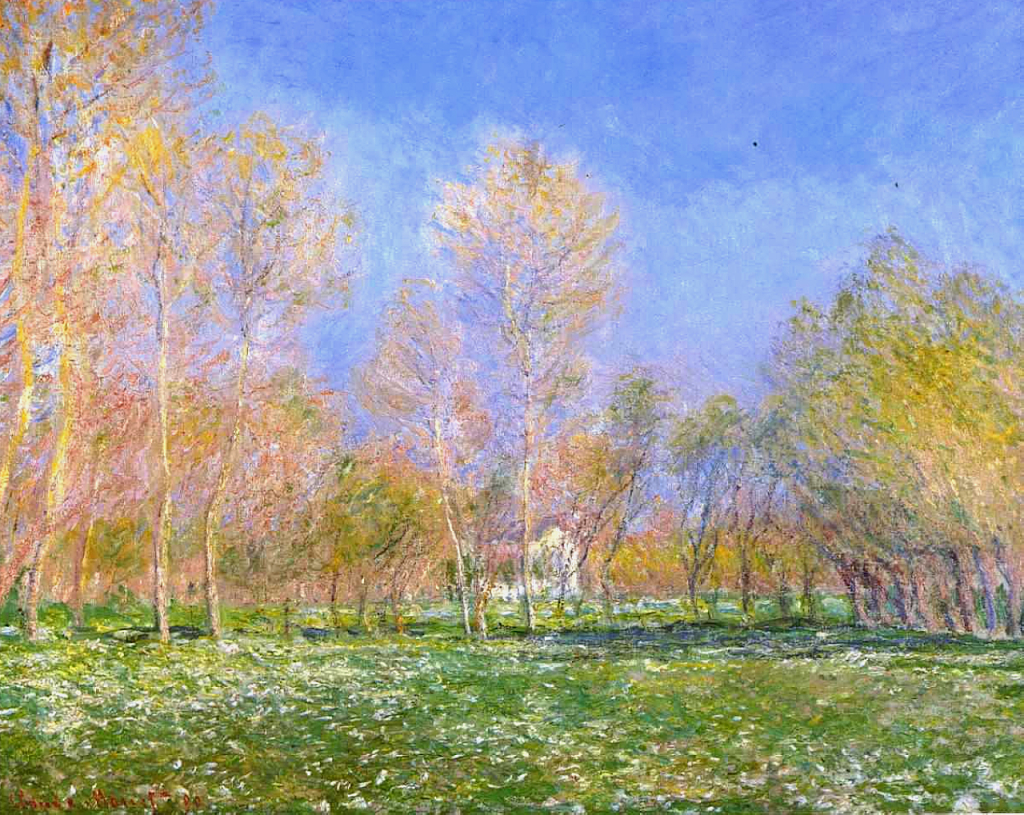
Nemophilist: One who is fond of the forest; a haunter of the woods.
10th February 2015
The Sheffield Chainsaw Massacre?
15th June 2015The trees are coming into leaf

Conventional wisdom has it that life speeds up as we get older. It certainly seems that the months and years fly by faster, and I’m always astonished to discover, “It’s already April!”
This feeling of mild anxiety – that time is passing me by – is never more prominent during spring. At this time of year nature is inexorable; stubbornly marching to its own pace, it races on while I am left incredulous, late to the party, “Since when was the hawthorn in leaf!?”
No doubt this simple wish to be able to slow down and enjoy the trees during spring has a deeper meaning, relating to our inescapable mortality! Yet the very value of trees in spring – the first flush of buds, shoots and leaves – is due to the fact these things are fleeting. It is precisely their impermanence that gives it meaning. The lesson trees can teach us at this time of year – that impermanence is pervasive – is a valuable one, encouraging us to make the most of every moment.
This idea is captured brilliantly by the author and pioneer of the ecology movement John Stewart Collis. In his wonderful short book The Wood, he thoughtfully highlights how the joys of spring can so easily escape us:
You have to keep your eyes open in the country if you want to see the spring before it is all over. This is borne in on me every year. The whole affair is so swift and so variegated that unless we are careful we miss half of it. During some months of summer and some of winter the casual eye sees little change, but during April and May the speed of appearance and disappearance is almost on a par with the cinema. One wants to see the show through again at once, and get the order of things right. Nothing requires more deliberate intellectual exertion than to follow the unfolding closely, nothing more time eating. I found it much easier just to get on with my job… and I often put off looking at something until ‘later’ – by which time it was gone.





